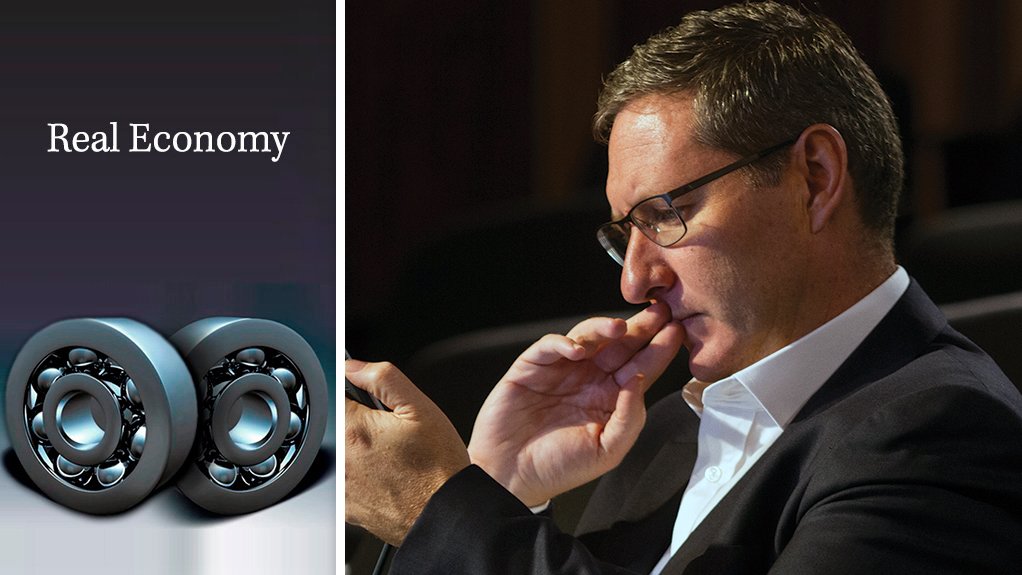Energy Minister Mmamoloko Kubayi has confirmed that the Department of Energy (DoE) is “working around the clock” to finalise the updated Integrated Resource Plan (IRP), a document that will outline the direction South Africa’s electricity mix will take until 2050.
From a technoeconomic perspective, the IRP is meant to provide visibility of the least-cost electricity mix, based on currently available technologies and costs. Should it be deemed necessary (possibly for socioeconomic or environmental reasons), government can make policy adjustments, but these should only be contemplated on finalisation of the technical exercise. Once the IRP is adopted, the Energy Minister uses it to allocate capacity across the selected technologies, which are then built by either Eskom or independent power producers (IPPs), based on gazetted determinations.
If a technology is absent, it cannot be procured or built, making the IRP both a technology roadmap and a procurement blueprint. In other words, it acts as a powerful planning and policy instrument. If implemented as envisaged, the IRP should also offer a high degree of investor certainty. Unfortunately, this has not been the case to date. For one, the plan has not been regularly updated, which means it has decoupled from reality. Demand is far lower than was modelled in 2010, while the cost of the various supply options has changed materially. An update is, thus, both urgent and critical.
For the update to inspire confidence, though, an uncontaminated environment is required. Firstly, technical specialists should be given the latitude to generate a least-cost base case, against which the cost and benefit of any future policy adjustments can be objectively assessed. It has become more than clear that the Draft 2016 Base Case did not enjoy such conditions. The process was politicised and constraints included were neither transparently outlined nor technically or economically justified. As a consequence, there is currently a high level of mistrust around the updating process and the plan.
Overcoming the problem will, happily, not require an overhaul of the system itself. What is required, however, is fastidious implementation. Firstly, the DoE should contract with technical specialists to complete a least-cost IRP, providing a long-term picture to 2050. If policy adjustments are to be made, the rationale and cost of the deviations should be made public and debated.
Once the plan is approved, the first five years should be locked in through Ministerial determinations, offering investors certainty on the technology allocations and timeframes. The plan should then be updated and optimised yearly, but without deviating from the five-year investment commitment, which should be hard-coded. With every update, an additional year should be added to the investment pipeline, turning the IRP into a rolling plan. Should there be a decline in demand, this could be reflected in either there being no new allocations for a year, or a low level of new commitments.
The entire process should be fully transparent and no model input or output should be introduced without also being made available to stakeholders. Such an approach could go a long way towards addressing the current mistrust around the IRP drafting process and any policy adjustments that might follow.
EMAIL THIS ARTICLE SAVE THIS ARTICLE ARTICLE ENQUIRY
To subscribe email subscriptions@creamermedia.co.za or click here
To advertise email advertising@creamermedia.co.za or click here











